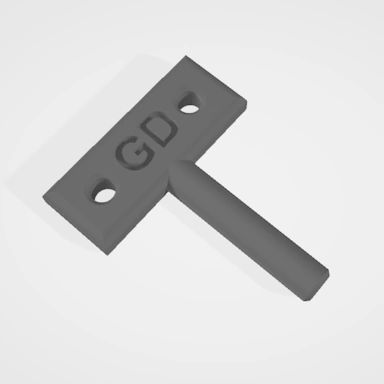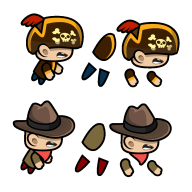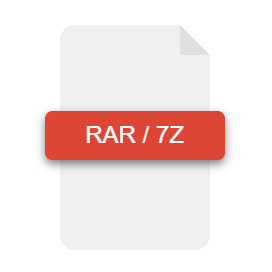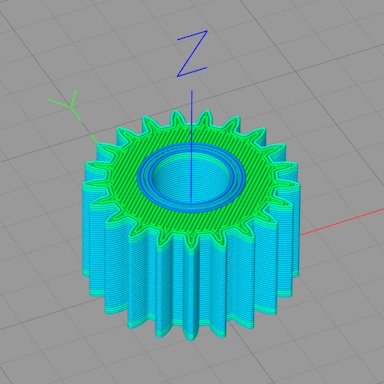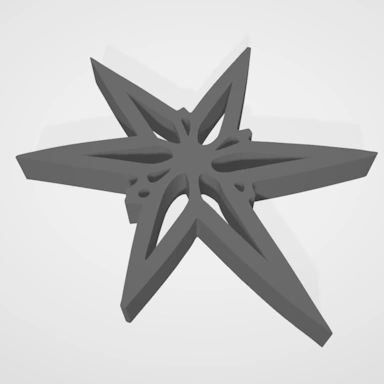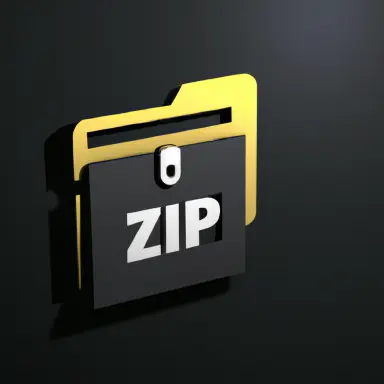OBJ file format information
The OBJ file format is a 3D graphics file format used to define complex 3D models, including geometry, materials, and textures. OBJ files are text files, making them human-readable and easy to modify by hand. The downside to this ease of readability is that the files can become rather large when dealing with large or complex 3D models.
As mentioned, the OBJ format stores not only 3D model geometry but also materials and textures. These materials are usually defined in a separate file with the MTL file extension and specify geometry rendering details such as diffuse and specular colour, transparency, and much more.
The OBJ material file can also reference external texture files. These are usually JPEG or PNG files; however, these can be older formats, such as TGA. Where materials are used, the OBJ file will also contain material names preceding the geometry faces they should be applied to. If textures are referenced, the geometry will also contain texture coordinates (UV) for each vertex.
Repairing a OBJ File
OBJ 3D Model File Header Data
As is common amongst 3D model file formats, OBJ file formats may contain data within their header to help identify the type of file should the filename extension prove to be inaccurate or missing. With the header data from the OBJ 3D model file, we are able to determine core information such as object count, vertex count, faces, textures, and other information, which can then be used to check the validity of the file.
Vertices, Faces and Geometry
This data forms the core element of any OBJ model and, if damaged, cannot be easily recovered. Our OBJ repair tool will try its best to repair and reconstruct any 3D model file it detects to be missing geometric data.
Textures
With some 3D model file formats, such as OBJ, textures are stored as separate files. If these are missing, they will not be able to be restored. Our tool will detect these external texture file references and ignore them. For other formats where the textures are embedded within the main 3D model file, these will be repaired where possible.

